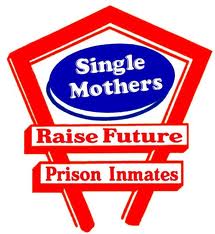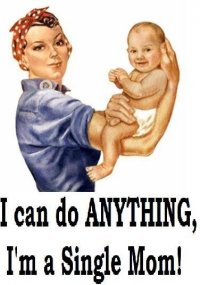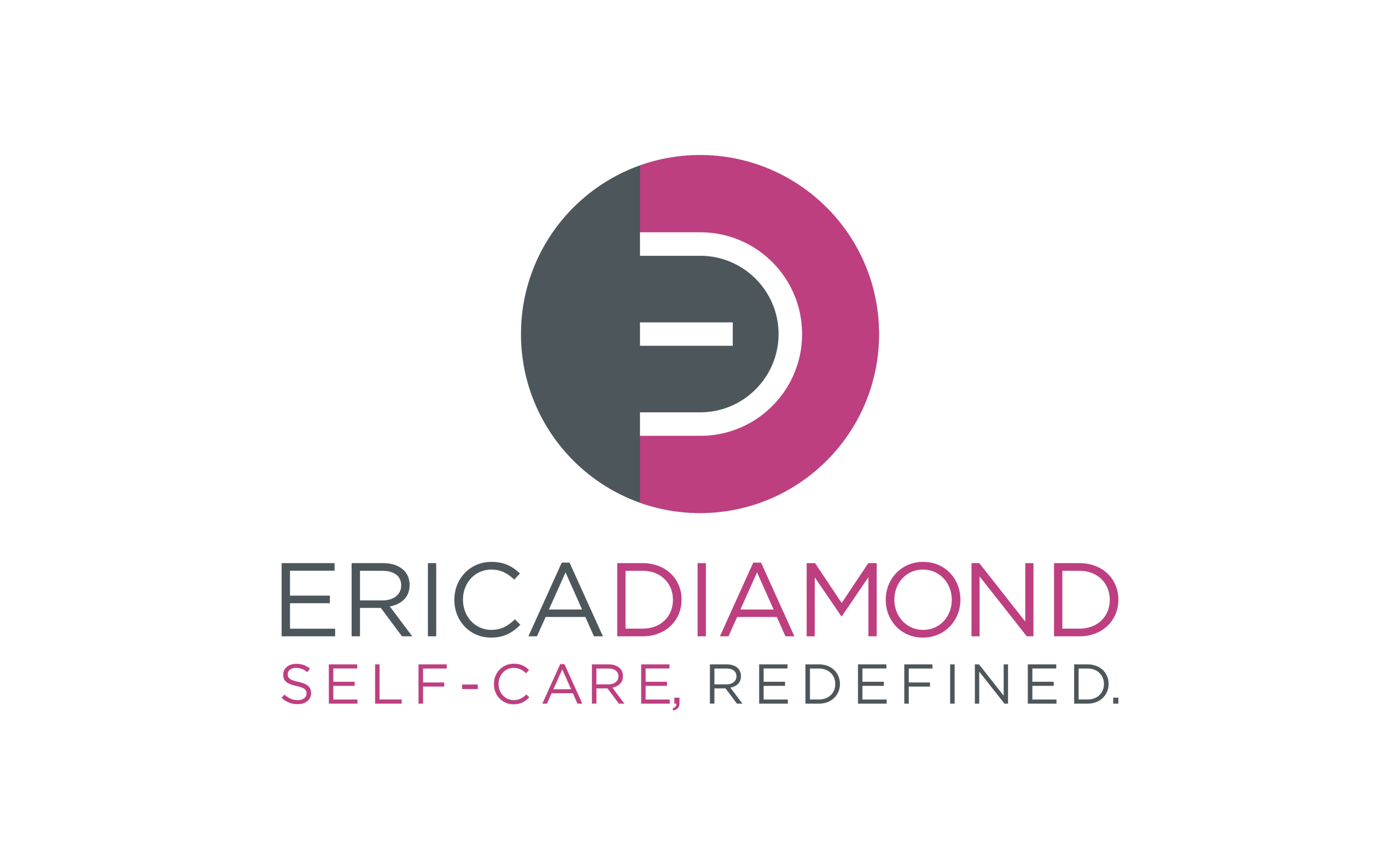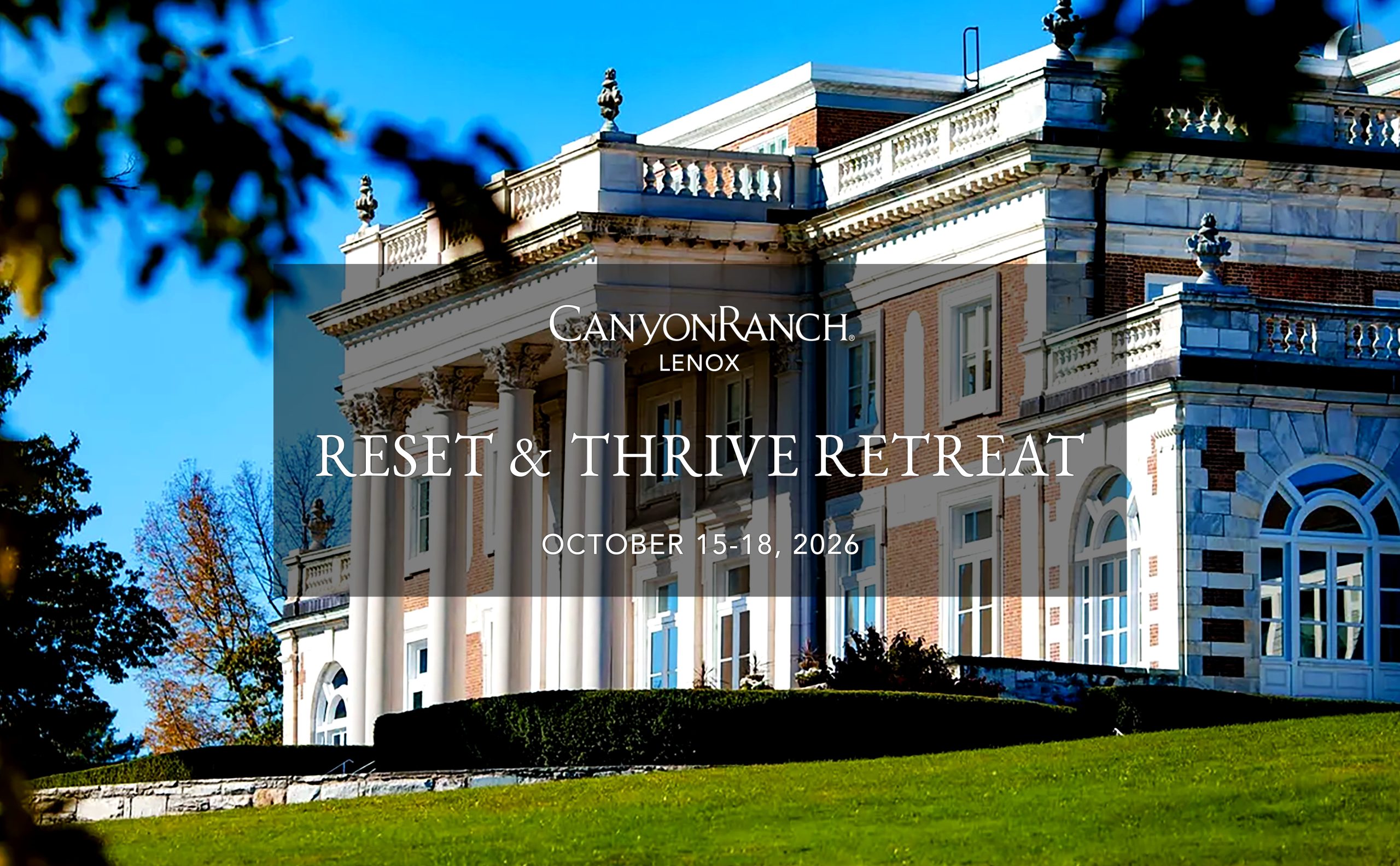By Dayton Uttinger
As much as we’d like to think that we’re in a progressive, egalitarian culture, some 1950’s stigmas never die, no matter what we’re beating the horse with. While we can ascribe some of that to the fact that a major portion of the population grew up with these views, the stigmas against single mothers are still alive and thriving. In fact, 70% of Americans believe that single mothers have a negative influence on society.
No, that’s way too high, you say. There are 9.9 million single moms, surely they can find more than three out of ten supporters? Well, reality says differently. America still dislikes single moms, despite their frequent appearances in popular media and real life. Predictably, their reasoning is faulty to the core and reveals a lot more about their insecurities than it does about single mothers. However, it is still good to know what you’re up against, so without further ado, some myths on single motherhood:
They’re Draining the Economy
First of all, single mothers aren’t even close to being the largest recipients of welfare- actual the elderly are. Despite the poignant image of a single mother hunched over the kitchen table with a myriad of bills before her, sobbing for a man to come fix her problems, most single mothers have their own livelihood and career. They are not looking for government handouts unless absolutely necessary. Turns out, single moms are a lot like the rest of the population; they want to be self-sufficient and provide for their families.
Yes, some single moms are on welfare, but there’s little interest in helping them progress. There are some options for single parents pursuing higher education, those options are rare and competitive. In a system that forces single moms to choose between getting an education and feeding their children,it’s no surprise that these women elect to continue welfare. Furthermore, since the right degree can mean a profitable future (even your run-of-the-mill business degree garners a 75% wage increase only three years after graduation), some single mothers are forced to sacrifice a lifetime of stable income for the now. But they make this choice with a knife to their back. No one can blame them for that… right? Surely, the next reason for the stigma against single moms will hold more weight.
They’re Desperate for a Man
This sort of ties in with the idea of single moms not being able to support themselves. They’re all desperately searching for a man, to pay the bills, to heal their broken hearts, to be a father for their children… Well, that’s not exactly true either. They’re not threats to others’ marriages, just because they’re suddenly single. More than likely, they need a little time to adjust to their new lives. They’re not looking for another model of what they just got rid of.
Then, you know, there’s also some basic decency. Single moms aren’t going to throw aside friendship just to woo a married man, and if she does, it’s not because she’s suddenly single. This line of thought, that someone becoming a single mom dissolves all moral codes, is not only flat out wrong, it’s insulting.
It’s Bad for the Kids
Alright, alright, here is where the crux of the argument must lie! Kids from single parent homes become criminals and perpetuate the welfare state. If only the parents could’ve resolved their differences, the kids would’ve had such a bright future.

Except that vast majority of kids from single parent households are totally fine. While some might draw a huge disparity between kids from single parent homes and kids from two parent households, the reality is a lot a tamer. Additionally, these claims are built on the assumption that there are only two options: broken home or stable home. This is not the case; the choice is not whether the parents split up or the parents remain in a happy, wholesome marriage. It becomes a choice between splitting up or holding onto the fragments of a bad relationship, and it’s the latter that has a worse impact. Do you rip off a band-aid or do you slowly yank the hairs out? That is the real choice presented, and single moms chose the right option.
Additionally, this argument completely ignores widows, who are also single moms, even if people don’t want to admit it. Are we supposed to blame widows for the supposed horrid effects of single parenthood? Abuse victims? No, because it was out of their control. They made another choice with a knife to their back, and no one should judge them for that.
What’s Really Going On
None of these reasons hold up, but somehow the stigma against single moms stubbornly sticks.
Interestingly enough, none of these reasons are brought up with single dads, who make up 24% of single parent households. They aren’t even included in surveys or studies concerning the issue, which is odd, considering that dads would face the same problems listed above. They are lacking a second income to support their child, they are looking for a new partner, and they don’t have another set of eyes and ears to supervise their child. But, as a whole, everyone is much less concerned with single dads than single moms. Sarah L DeJean and her colleagues presented subjects with identical scenarios concerning single parenthood, except for differing genders, and found that subjects were more judgemental and disapproving of the mothers than the fathers.

So it’s not single parenthood that is the problem- it’s single moms. Whether this is because of some outdated idea of women’s roles or widespread ignorance of single dad’s existence, we can’t know for certain. But the stigma against single moms clearly has no basis in reason, and I hope this article has illustrated that point. These moms don’t need to change… the stigma does. I am trying to do my part, one blog post at a time.
—
About

Dayton Uttinger is a writer from Idaho, where she rants frequently about politics, fantasy novels, and sports. Dayton feels strongly about overcoming societal stigmas of single mothers, as her and her sister were raised by a single mother. The pair now helps raise their eleven-year-old uncle in the Northwest.




I used to be checking constantly this weblog and I’m inspired!
“none of these reasons are brought up with single dads”
When’s the last time you seen a dad go into labor, have a child, and never tell the mother?
” presented subjects with identical scenarios concerning single parenthood”
Except… they can’t be identical, can they?